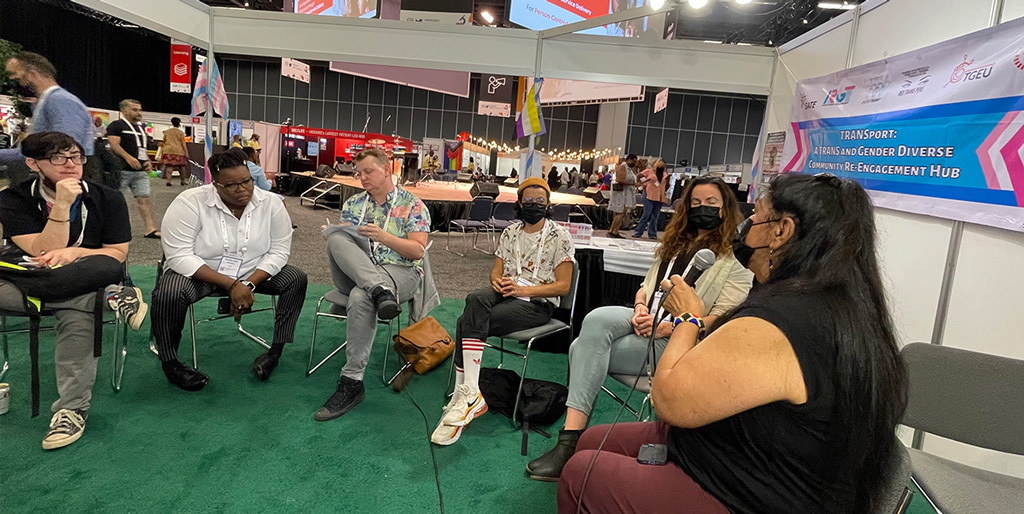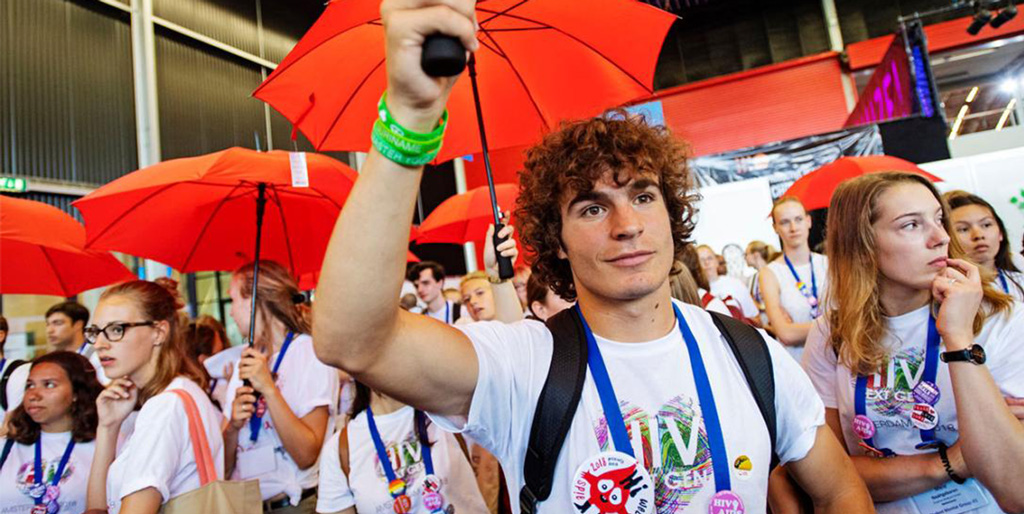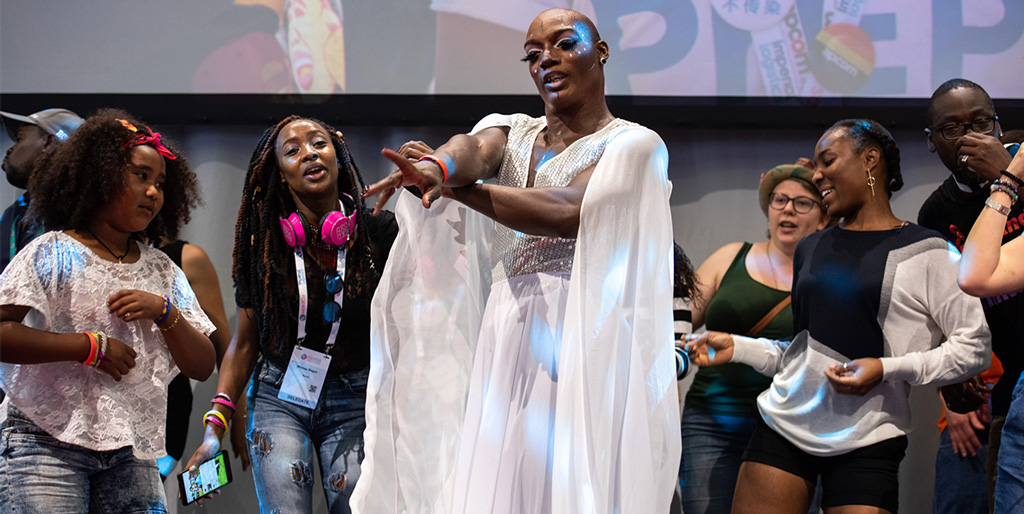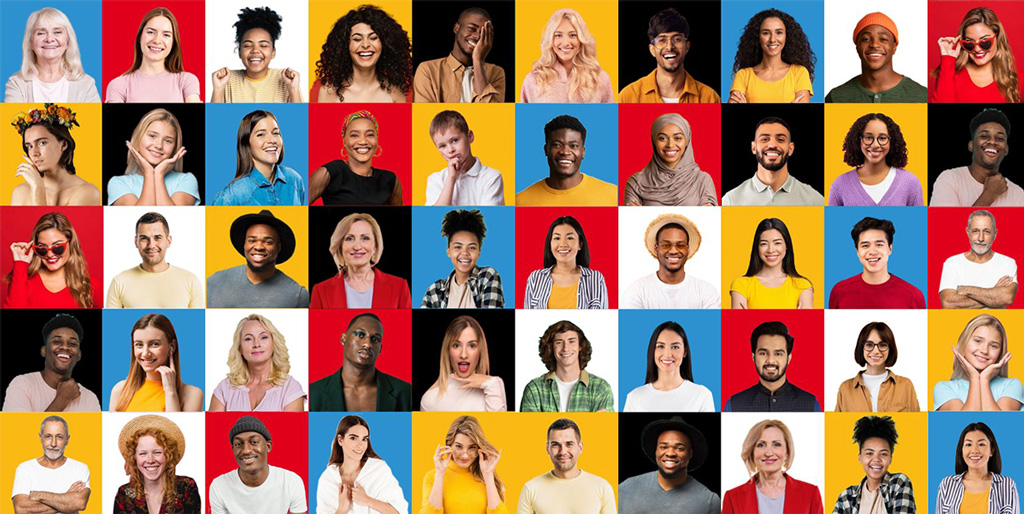“While at the beginning of our work the victims were representatives of vulnerable groups, now in many countries the victims are human rights defenders and activists”
During the International AIDS Conference – AIDS 2024, as part of the regional #PutPeopleFirst campaign, Media Platform VirusOFF meets with leading experts from the Eastern Europe and Central Asia (EECA) region to discuss key aspects where health and human rights come to the fore. These issues not only have a significant impact on the lives of those living with HIV but also determine the effectiveness of public health strategies and programs in the region.
Walls are not the answer. #PutPeopleFirst!
You can learn more about the EECA region and AIDS 2024 at aids2024.virusoff.info and our social networks.
Victoria Kalyniuk, Alliance for Public Health, is an activist human rights defender and coordinator of the REAct tool for documenting human rights violations in the Eastern Europe and Central Asia (EECA) region. Victoria is the author of various analytical publications and was nominated as a Youth Ambassador for AIDS 2020. At AIDS 2022, Victoria was the lead expert during a workshop on documenting human rights violations and using the collected data for advocacy purposes.
VirusOFF spoke with Victoria about the REAct tool, its features, effective methods of addressing and assisting community members in the EECA region, and what issues are planned to be raised during participation in the International AIDS 2024 Conference.
Victoria, REAct has been successfully working in the EECA region since 2019. What is the uniqueness of the system? How does it help in protecting the rights of community representatives?
Victoria: First of all, it is worth noting that the REAct system is not just a tool for documenting and storing cases of human rights violations. It is a whole community. When we introduced the tool, we held several trainings in each country, after which the documenters became members of a group chat room in messengers, where they could very quickly get advice or support from coordinators or mentors. This ensured that experiences were constantly shared and any questions or difficulties were resolved very quickly.
It is this “togetherness” that is the advantage of the REAct tool, as each user of the system has a support cell, which is quite often critical, as we work with difficult, painful, and sometimes dangerous topics. We consider this cohesion and close contact with the technical and mentoring teams of national and regional level coordinators to be our strength. They help both with data collection and, for example, with advocacy and report preparation. Over the years of this technical support, we have significantly strengthened the voice and confidence of communities in the countries of the region.
Second is its security. Collecting cases into an online database is much safer than doing it on paper or a computer. We have experienced many cataclysms including COVID-19, war, and natural disasters, and a laptop or documents can be lost, stolen, or confiscated. Storing data in cloud services, as we do at REAct, is a great advantage of our tool on the technical side.

What challenges did REAct face when implementing the system in the EECA region?
Victoria: Among the main challenges was the deterioration of the political-legal system in the region. We feel Russia’s pressure on the area, we see these cancerous metastases, and the impact of its repressive policies, which narrows the space for human rights organizations and human rights activism.
Our main task now is to counteract the pro-Russian influence that is poisoning the countries in our region: Kyrgyzstan and Georgia have passed laws on foreign agents, several countries have widespread anti-gay propaganda campaigns, Tajikistan closed down the last openly operating organization that provided health services to the MSM community, and in Kazakhstan partners fight daily against opponents of substitution therapy. In this environment, maintaining the continuity of our monitoring and legal assistance work is our top priority.
Another significant challenge is that victims do not believe in a positive solution to the situation and possible protection from the state. The most difficult thing is to provide psychological and psychosocial support so that the victims decide to defend their rights.
Based on the documented cases, what are the most common forms of violation of the rights of representatives of key groups in the EECA region?
Victoria: The most common cases of human rights violations are very different in each country. The more criminalized a certain group is in a country, the more its rights are violated. In addition, it is worth noting that REAct data shows only the tip of the iceberg – this is what has been documented and what victims are willing to report.
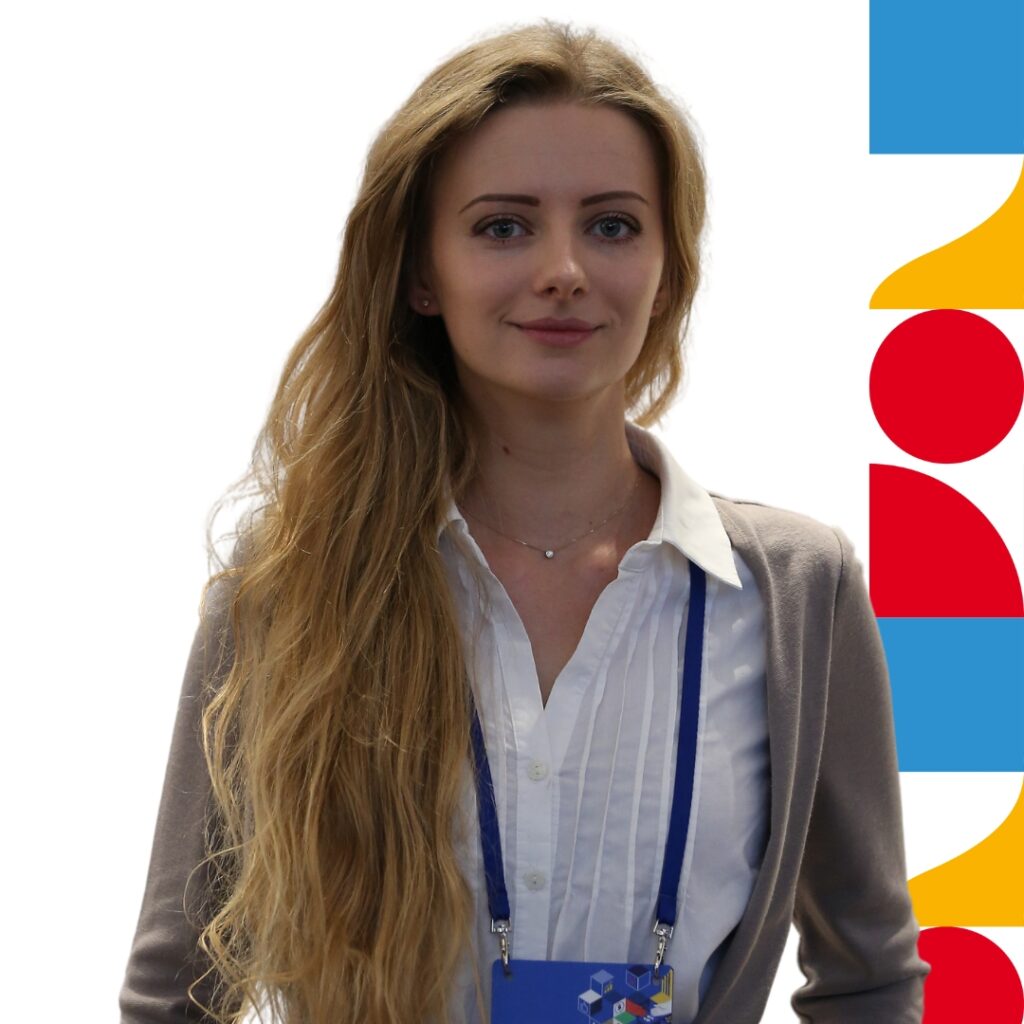
What are effective methods of resolution and assistance?
Victoria: The most effective method of assistance is peer-to-peer counseling, where paralegals – representatives of vulnerable communities – counsel survivors from the same vulnerable group. No one knows better how rights are violated and how best to provide counseling and support than someone who has experienced a particular type of stigma and discrimination. The work of training community activist paralegals is therefore critical.
What are the key changes in the context of protecting the rights of representatives of vulnerable groups over the last 5 years (can you give an example of specific countries in the region)?
Victoria: Unfortunately, the situation is worsening due to Russia’s harmful influence. Central Asian states are increasingly moving towards repressive policies and away from democratic principles. This hurts the work of human rights organizations. While at the beginning of our work, the victims were representatives of vulnerable groups, now in many countries the victims are human rights defenders and activists. The pressure of the state apparatus on civil society is increasing.
What human rights campaigns does REAct conduct? What is their goal?
Victoria: We have had two campaigns as part of the work of the REAct tool. The first one is the “Declaration of Human Rights”, launched in 2021 at the Istanbul Summit. The goal of the campaign is to show that the rights of vulnerable groups are violated in different areas. We took each article from the “Declaration of Human Rights” and showed exactly how it is violated in the countries of the region.
The second campaign was 16 days against gender-based violence. We provided cases and examples of how women from vulnerable groups face stigma and discrimination in their daily lives and emphasized the role of human rights defenders/ts and activists/stock, showing how these cases were solved.
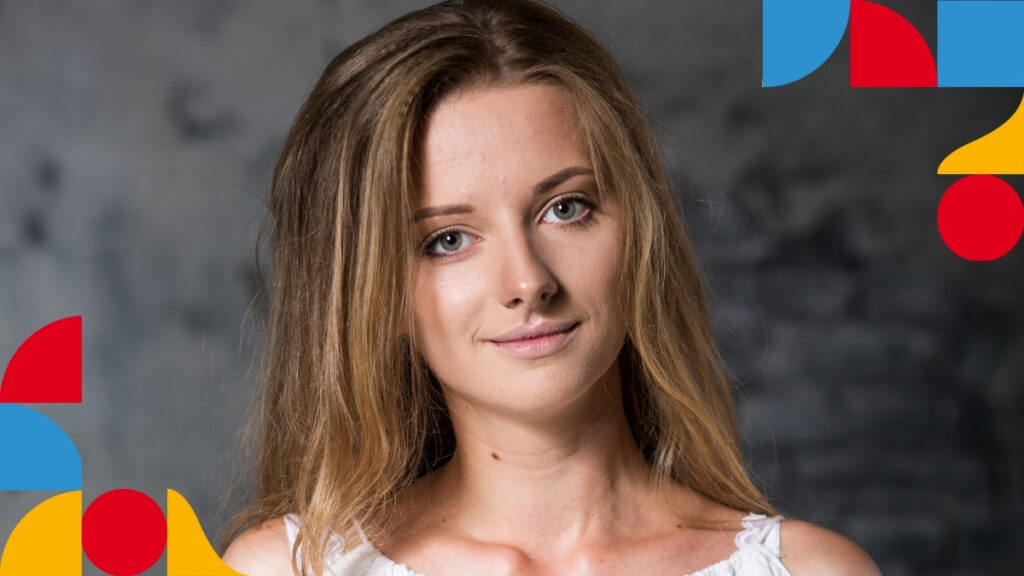
Will REAct be presenting any project, research, or initiative at the Munich conference? What issues and topics do you plan to discuss?
Victoria: At AIDS 2024, REAct was presented in several sessions with some statistical and advocacy data. The conference will also feature a digest of trends in human rights violations in the region for the first half of 2024. It will feature stories and cases that showcase rights violations and how REActors are helping survivors reduce legal barriers to accessing treatment.
What changes in policy and practice do you think might come from the discussions at the conference? How can such events influence the HIV situation in our region?
Victoria: The AIDS conference is the biggest platform for sharing experiences and presenting data. We hope that it will help to draw attention to the region of Central Asia and Eastern Europe and the deterioration of the political and legal conditions in the region under the influence of Russia. The international community, donors, and organizations must take measures to counter this harmful influence. We hope that the conference will be a good platform for this.
#PutPeopleFirstEECA
Learn more about Eastern Europe and Central Asia at AIDS 2024: aids2024.virusoff.info – or on our main web page: VirusOFF.info
Follow us on social media to keep up with important updates:
Instagram – Virus off
Facebook – Virus Off

